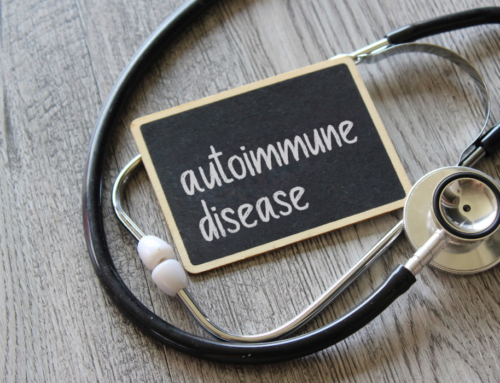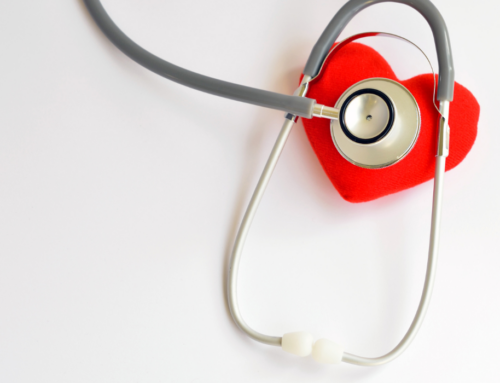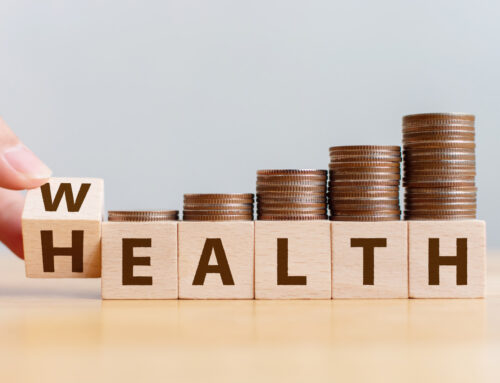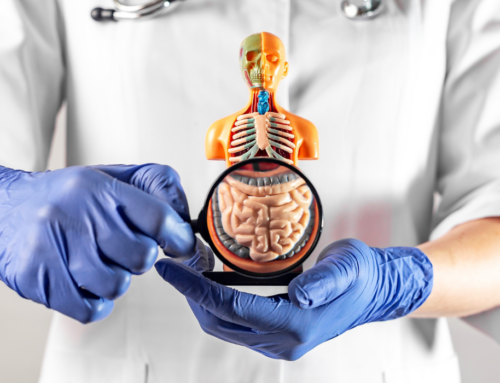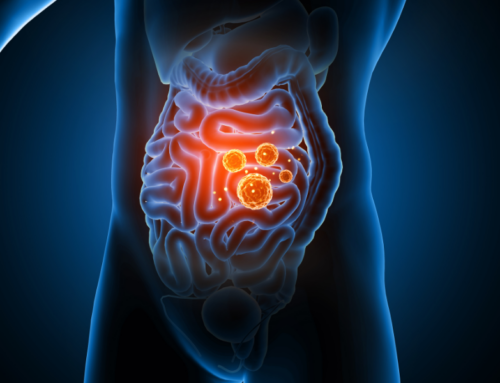
3 Tips to Lower Your Stress Today!
The topic of stress seems to be getting more and more attention these days, and with good reason. The causes of stress are an entirely different topic (and article), but suffice to say that at the end of the day, chronic stress is not good for the body and does need attention.
Read more about the different types of stress, how the body reacts to stress and 3 tips to lower your stress today.
What is the true definition of stress?
In medical literature, the notion of stress first appeared in Dr. Hans Selye’s 1936 Nature article, “A Syndrome Produced by Diverse Nocuous Agents.” In it, Dr. Selye described the hormonal processes associated with the demands stress placed on the body and how these led to certain diseases.
Today, stress is defined as “any physical, mental, or emotional factor that causes bodily or mental tension.” Stress can be externally triggered by physical injury or a disruption in the environment, such as noise, pollution, or war. Stress can also be internally triggered by illness.

How do our bodies manage the stress response?
The system that controls our stress response is a complex interplay between our central nervous system and our peripheral system.
1) The central nervous system includes the hypothalamus, pituitary, and the sympathetic nervous system. It alerts the peripheral system that the body is under stress.
2) The peripheral system includes the adrenal glands and the sympathetic nerve pathways. The adrenal glands produce cortisol, epinephrine (adrenaline), and norepinephrine.
This combined system is often referred to as the Hypothalamic-Pituitary-Adrenal axis or HPA axis.
What’s the difference between short-term stress and chronic stress?
Quite simply, the difference between short-term and chronic stress is defined by how long the stress lasts.
Short-term stress can be beneficial. For instance, the “fight or flight” stress response can help you escape a dangerous situation or kick your body’s immune system into gear to recover from an illness. After this short-term stress response has served its protective purpose, your body ideally calms back down. Beneficial stress can also be a part of exercise. By the exercise stressing your body, your muscles are forced to adapt to the added strain, which helps build resistance.
Long-term, or chronic stress, is problematic because the body remains in a hyper-alert state and does not have sufficient time to rest and repair. Think of it as the HPA axis locked on overdrive.
How does chronic stress hurt our bodies?
Chronic stress can suppress both the innate and adaptive immune systems.
Chronic stress, when compounded with the immune response to fight infections, induces an abnormal inflammatory response of cytokines and other substances that impede healing.
Our body interprets this abnormal inflammatory response as additional stress, which again activates the HPA axis, creating a vicious cycle of stress, infection, immune system dysregulation, and worsening infection.
In addition to increased susceptibility to infections, chronic stress has also been linked to cardiovascular disease, autoimmune disorders, asthma exacerbation, stomach ulcers, diabetes, sleep disturbances, and mental illness.

What can you do to lower chronic stress and the vicious inflammatory response cycle?
Start doing these 3 things to manage stress today.
- Put yourself on a digital diet. Seriously. And minimize the number of audio, sensory, and visual electronic alerts you receive. Just like you shouldn’t eat potato chips all day, you shouldn’t read the news or check what the stock market’s doing around the clock. Now you may be saying, “Yeah, yeah, yeah, I know, but…” If this is your response, get curious about your addiction to digital information. Does all the information you’re consuming empower you to take positive action, or does it just make you feel helpless, frustrated, scared, and angry? Are you mistaking your time on social media for actual human connection?
- Get outside.. Nature is healing. If you can move your body, even better. Soak in the sunshine and beauty that surrounds you. Spending time in nature is linked to lowered blood pressure.
- Focus on your breath. You can do something as simple as 4-7-8 breathing for a few minutes every day. Sit down, gently close your eyes, count to 4 as you inhale, hold your breath as you count to 7, then exhale as you count to 8.
Need help managing your stress?
We’re here for you. Our qualified team of board-certified functional medicine providers combined with health coaches can support you in identification of stressors, stress management tools, and also education on how stress can be affecting other areas of your life. Please contact us if we can help.
References:
- American Institute of Stress. www.stress.org/about/hans-selye-birth. Author Paul Rosch, M.D.
- Medicine.net
- Stress, Endocrine Physiology, and Pathophysiology. 2016 Mar. Tsigos, C, M.D. et.al.
- Life event, Stress, and Illness. Malays J Med Sci. 2008 Oct; 15 (4): 9-18.
This is for general informational purposes only and does not constitute any practice of medicine or professional health care services of any type. The use of information on this blog is at the user’s own risk. The content of this blog is not intended to be a substitute for professional medical advice, for diagnosis, or for treatment. Please seek the care of your health care professionals for any questions or concerns.

